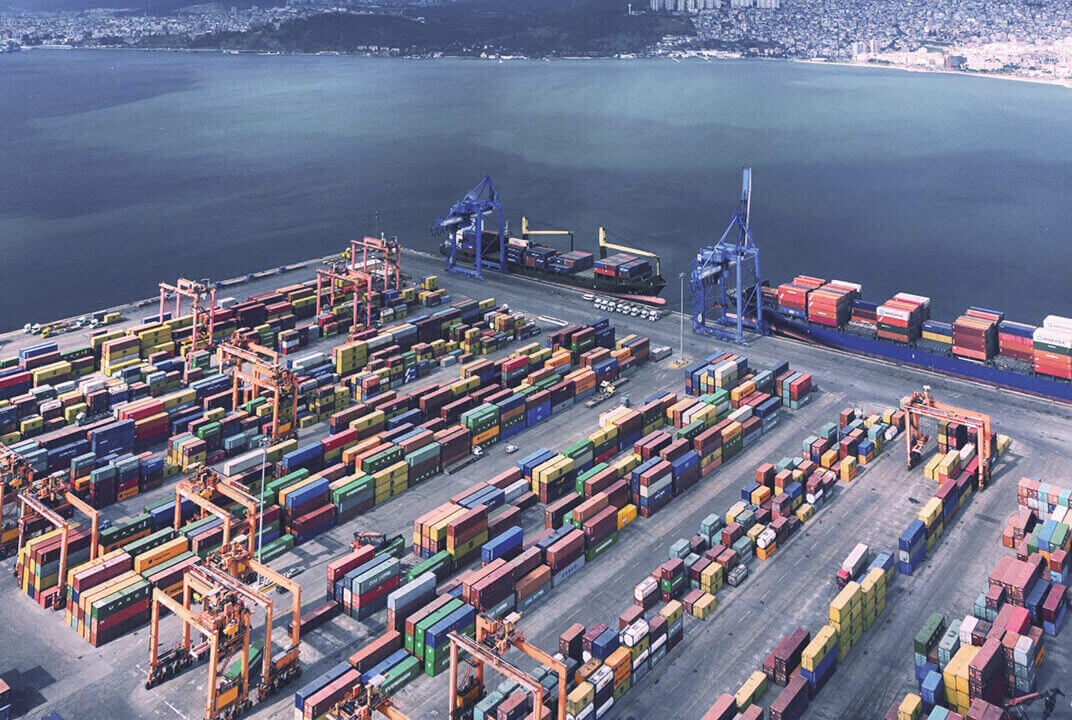Insight | Inmarsat Research Programme 2021: Industrial IoT in the time of Covid-19
Inmarsat Research Programme 2021: Industrial IoT in the time of Covid-19
null
Today’s businesses face an expanding range of challenges relating to global production and supply chain management. This is compounded by a growing need for transparency and the impact of the Covid-19 pandemic. In a world where the appetite for raw materials, agricultural products, fuel, and electricity shows no sign of slowing, IoT is playing an increasingly important role in enabling the management of intricate webs of production, distribution, and delivery across global supply chains.
Our research shows that organisations have become significantly more proficient in leveraging IoT and the data it generates to streamline their supply chains. An array of connected data producers keeps tabs on valuable assets wherever they are. Companies are increasingly producing ‘digital twins’ of their supply chains, so each stage is visible and trackable in digital form.
Read the full Industrial IoT in the Time of Covid-19 report
Adoption
IoT adoption has soared in the last few years, with 77 per cent of respondents having fully deployed at least one IoT project. Covid-19 has illustrated the importance of IoT, with many accelerating their IoT deployments as a result of the pandemic.
47 per cent of respondents have accelerated deployment of IoT projects in response to Covid-19
Connectivity
Connectivity continues to challenge respondents with 75 per cent per cent of respondents struggling to deploy their IoT projects because of connectivity issues. Respondents are most likely to rank reliability, security and network coverage as their preferred connectivity attributes.
Data sharing and analysis
Actionable business insights, developed from IoT data, are improving the way businesses and their supply chain partners operate. While 80 per cent of respondents’ businesses currently only share data within the organisation, many plan to share IoT data with their wider supply chain in the future.
54 per cent of respondents are unable to use IoT data effectively due to security/privacy concerns
Skills gaps
Skills gaps continue to be a significant barrier to IoT deployment, with 37 per cent of respondents citing a lack of in-house skills as a concern and 50 per cent requiring additional cyber security skills.
Security challenges
Security challenges associated with IoT projects are a concern for many. In terms of the threats posed, 50 per cent of respondents cited the risk of external cyber-attacks. Although 48 per cent have already responded to IoT security issues by creating an internal IoT security policy to mitigate these threats.
IoT investment
IoT investment has reached a high level of maturity across most organisations, with businesses planning to invest the greatest proportion of their IT budgets on IoT projects over the next three years. Such investment would overtake other Industry 4.0 technologies such as cloud computing, big data analytics, next generation security and robotics.
Explore your sector
Our research looks at the effect that Covid-19 has had on IoT adoption and sheds light on the next steps that organisations in the agriculture, electrical utilities, mining, oil and gas, and transport and logistics sectors must take on their IoT journeys. Explore how organisations in your sector are harnessing IoT to meet today’s most pressing business challenges – and create new opportunities as well.
About the research
The Inmarsat Research Programme is now in its fifth year, with this 2021 report providing an update on how the industrial Internet of Things (IoT) is being adopted by organisations across the agriculture, electrical utilities, mining, oil and gas and transport and logistics sectors.
Specifically, this report looks at the impact of Covid-19 on IoT adoption, as well as challenges related to connectivity, skills, security, data and investment.
To understand this Inmarsat commissioned Vanson Bourne, a specialist technology market research company, to interview 450 respondents in early 2021, a year after the start of the pandemic.
Respondents work for organisations with at least 250 employees and are drawn from various global regions including the Americas, EMEA and Asia-Pacific. All of those surveyed are responsible for delivering IoT initiatives at their respective organisations.


